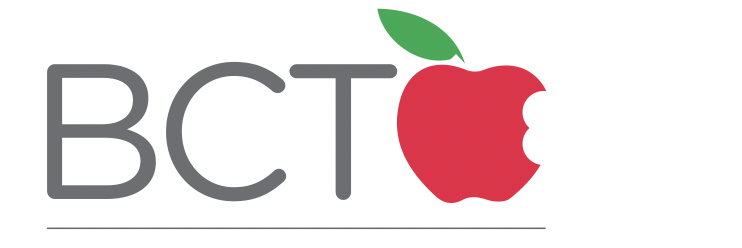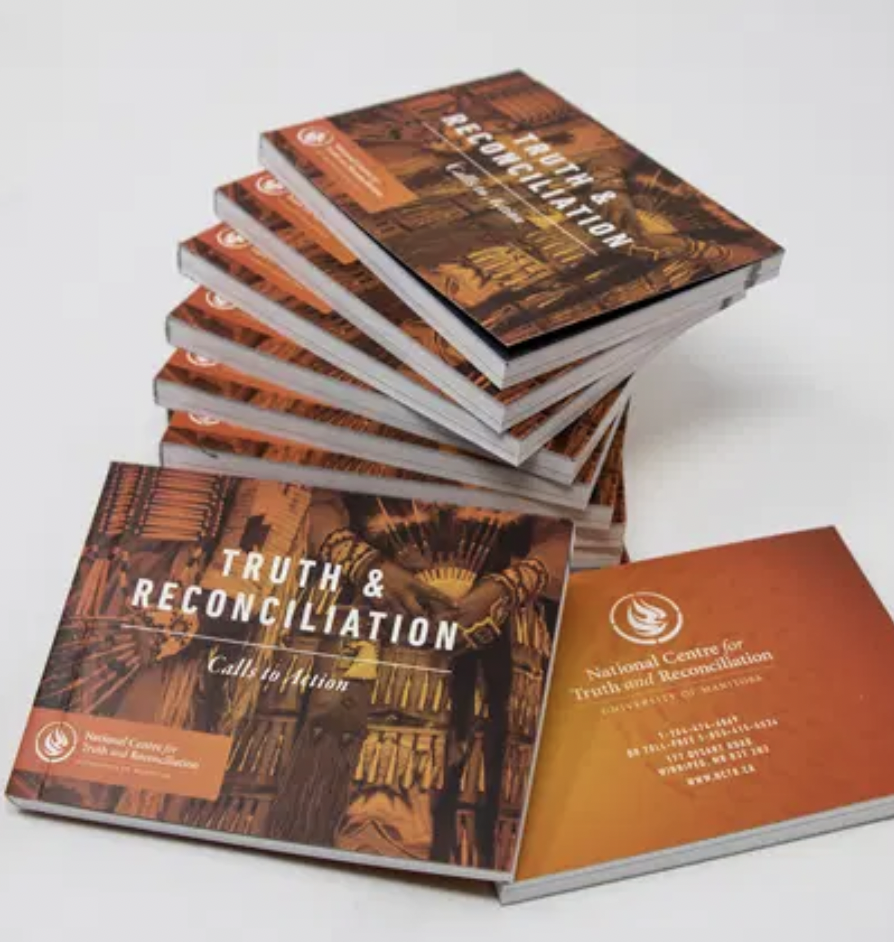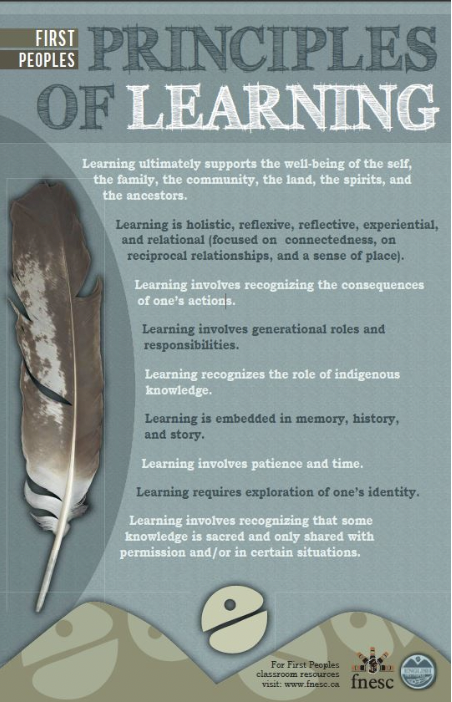BC Curriculum

British Columbia’s curriculum is an important tool that BC teachers need to become familiar with in order to successfully teach their students. The curriculum is a guiding tool that allows teachers to navigate through BC’s education program in a way that supports students in today’s ever changing world. BC’s curriculum was built to encourage student success through society’s ever changing expectations. The model that BC uses is the “know-do- understand”; this engages students in their own learning which increases success. While the curriculum shows teachers the basics of what to teach, it gives teachers the ability to teach in a way that supports diverse learners by allowing the teacher to choose how they want to teach the required competencies, content while respecting the safety, diversity, and inclusion of all students.
BC Teaching Standards

As future educators it is important that we follow professional standards. These standards are created to prepare and support teachers during their teaching career. Ensuring that BC educators are certified, the professional standards for BC educators are nine points that set the standards for competence and conduct. Educators are encouraged to use these standards to guide their practice and continue growth as teachers. Through these standards, students are supported by educators who show a shared commitment throughout the province of BC.
Truth and Reconciliation Calls to Action
With a focus on # 62, 63, 64 and 65

The Truth and Reconciliation Calls to Action are an important document for teachers and educators to read and follow throughout their educational career. The Call for action for training in education on Indigenous history, the legacy of residential schools, treaties, Indigenous rights, Indigenous laws as well human rights and anti-racism are important to recognize as we move forward in addressing the mistreatment of Indigenous peoples and work towards reconciliation. Following the calls to action is a way that we can honour those who have been affected by the mistreatment and pain of experiencing residential schools and the generations to come that continue to carry the trauma of those experiences. We can use these calls to action to acknowledge Indigenous ways of knowing and teaching are as valuable as other ways of teaching and knowing.
“62. We call upon the federal, provincial, and territorial governments, in consultation and collaboration with Survivors, Aboriginal peoples, and educators, to:
- Make age-appropriate curriculum on residential schools, Treaties, and Aboriginal peoples’ historical and contemporary contributions to Canada a mandatory education requirement for Kindergarten to Grade Twelve students.
- Provide the necessary funding to post-secondary institutions to educate teachers on how to integrate Indigenous knowledge and teaching methods into classrooms.
- Provide the necessary funding to Aboriginal schools to utilize Indigenous knowledge and teaching methods in classrooms.
- Establish senior-level positions in government at the assistant deputy minister level or higher dedicated to Aboriginal content in education.
- We call upon the council of Ministers of Education,
Canada to maintain an annual commitment to Aboriginal education issues, including:i. Developing and implementing Kindergarten to Grade Twelve curriculum and learning resources on Aboriginal peoples in Canadian history, and the history and legacy of residential schools.ii. Sharing information and best practices on teaching curriculum related to residential schools and Aboriginal history.iii. Building student capacity for intercultural understanding, empathy, and mutual respect.iv. Identifying teacher-training needs relating to the above. - We call upon all levels of government that provide public funds to denominational schools to require such schools to provide an education on comparative religious studies, which must include a segment on Aboriginal spiritual beliefs and practices developed in collaboration with Aboriginal Elders.
65. We call upon the federal government, through the Social Sciences and Humanities Research Council, and in collaboration with Aboriginal peoples, post-secondary institutions and educators, and the National Centre for Truth and Reconciliation and its partner institutions, to establish a national research program with multi-year funding to advance understanding of reconciliation.”
First Peoples Principles of Learning

It is imperative that we recognize and incorporate Indigenous learning into our educational practices. These principles provide the foundation to holistic learning, deeper understanding and allows us to honour the Indigenous ways of knowing in regards to education. These principles are significant to teaching as we continue to work towards reconciliation. As we learn to incorporate these teachings into our everyday teaching we are able to recognize the value in Indigenous knowledge and ways of being. While we will never know all there is to know, following the First Peoples Principles of Learning allows us to learn respectfully and in a way that encourages the learning of all students.

A WordPress Commenter
Hi, this is a comment.
To get started with moderating, editing, and deleting comments, please visit the Comments screen in the dashboard.
Commenter avatars come from Gravatar.